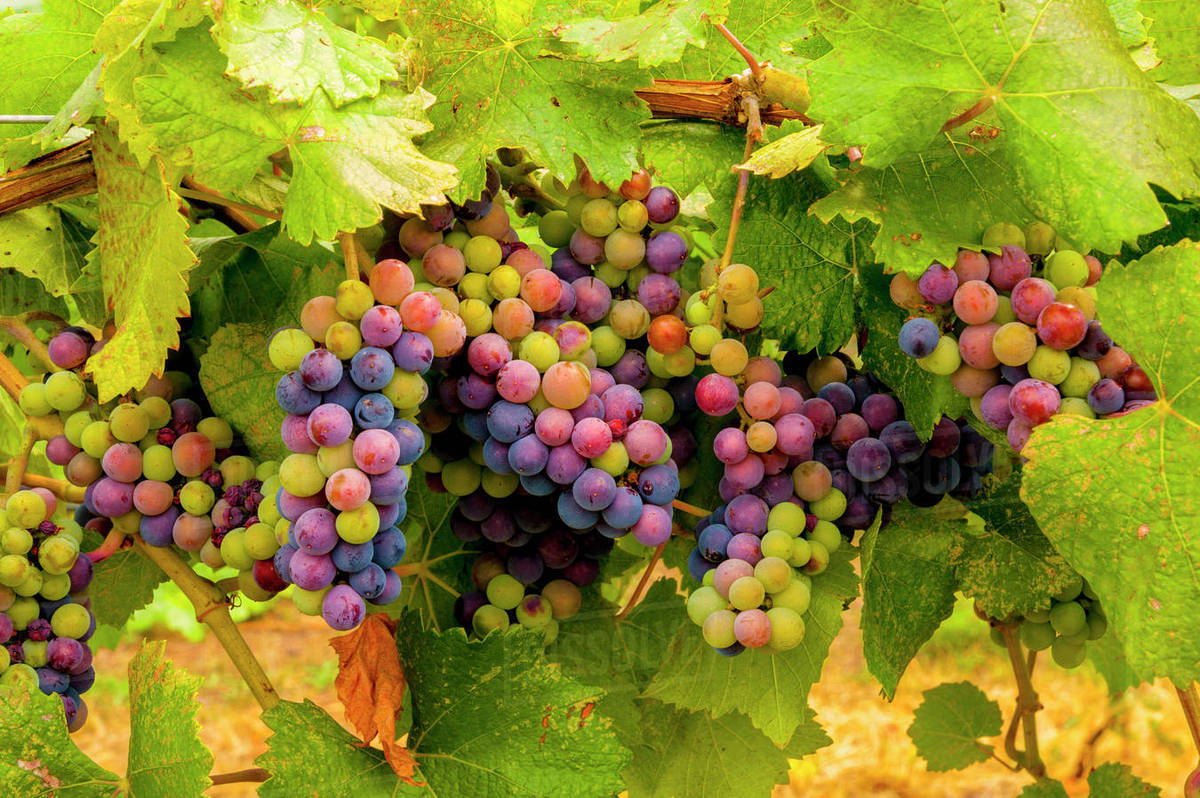



Article by: Hari Yellina
New research from South Australia may cause wine grape growers to reconsider their drying techniques. In order to create wine of higher quality, experts from the University of Adelaide looked into the most effective techniques for drying grapes.
The study concentrated on three widely used methods for delaying grape ripening:
Utilizing statistical modelling approaches that are typically employed in medical and psychological research, the researchers looked at the findings of 43 investigations. Pietro Previtali, the lead author and a recent PhD graduate, explained that the antitranspirants were substances applied to plant leaves to lessen transpiration. According to Mr. Previtali, “we discovered that applying antitranspirants when the grapes first started to change colour induced bigger ripening delays, and the ripening delay was larger when there were early and late season treatments.” “Late pruning is when the apical buds have burst before pruning is done.
“We discovered that the ripening was delayed more when the vines were pruned later in the growing season, but the strategy is less effective on vines with high yields. “Red grape types with greater sugar levels are thought to be better suited for late source limiting, which involves removing a portion of the young leaf area that collects sugar throughout ripening, but white grape varieties may be picked too early for this treatment to be successful.” “We also found that higher producing vines, where sugar builds more slowly, obtained larger ripening delays.”
The Australian Research Council Training Centre for Innovative Wine Production, the Waite Research Institute, and the Department of Wine Science at the University of Adelaide collaborated on the project. Associate professor Chris Ford, who oversaw Mr. Previtali’s PhD, noted that a variety of circumstances can result in grapes with increased sugar concentrations. Grapes may ripen more quickly than usual due to rising temperatures, decreased rainfall, and increased atmospheric carbon dioxide concentrations, according to associate professor Ford. “This leads to higher alcohol content, which upsets the wine’s harmony and lowers its quality while forcing growers to delay harvesting entirely.
This study should assist growers in making decisions that result in increased yields and better wine. The study, titled “A comprehensive review and meta-analysis of vineyard practises used to postpone ripening,” has been published in Horticulture Research. Professors Kerry Wilkinson (University of Adelaide), Filippo Giorgini (University of Milano-Bicocca, Italy), Randall Mullen (E and J Gallo Winery, California, US), and Nick Dookozlian were also co-authors on the article along with Associate Professor Ford (E and J Gallo Winery, California, US).